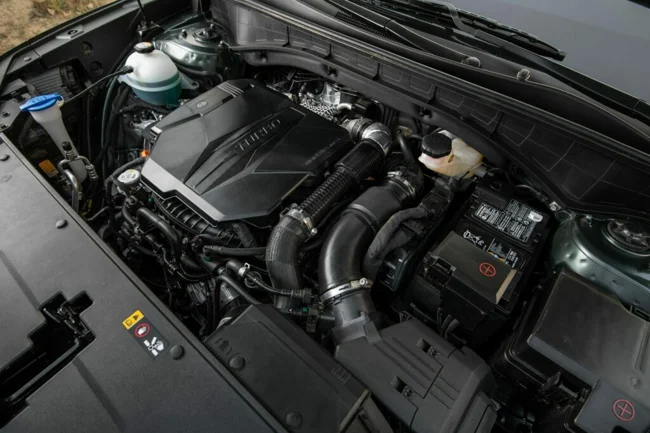A certain fan mode can cause fires in thousands of Kia SUVs (4 photos)

Scope of the Problem
Fires are one of the most serious safety concerns, and now it’s time to pay attention to a new recall. It affects 39,536 Kia Sorento SUVs from the 2021-2023 model years.
According to the National Highway Traffic Safety Administration, “the wiring in the HVAC blower motor may be inadequate, which could lead to a fire.”
The agency added that a suspected quality issue at the supplier could cause the connection between the blower motor resistor and the connector to overheat.
Conditions of the Hazard
This appears to occur only under certain conditions: when the climate control system is activated, the blower speed is set to level three, and the ignition is on. While the conditions are quite specific, the government agency noted that in rare cases, it could cause a fire.
The problem is linked to Aptiv, which reportedly used thinner wire than required. Owners may notice the problem if the blower motor stops working, or if there is a burning or melting smell. Another sign may be smoke coming from the vents. 
Investigation and Found Cause
Kia first learned of the issue last fall after reports of a fire and “hot rubber smell” in a 2023 Sorento LX. The manufacturer bought back the vehicle and began an investigation that included X-ray analysis of a damaged blower motor resistor and the associated wiring harness. The investigation was later expanded to include “warranty wiring harnesses and locally melted resistors.”
After months of work, Kia was unable to determine the root cause. However, they did find “manufacturing variances due to quality control, including thinner than rated wire.” This is suspected to have contributed to the overheating. 
Precautions and consequences
A total of 25 vehicles have been identified by Kia with localized connector meltdowns. There was also one localized connector fire and another vehicle fire. Fortunately, there have been no reports of accidents or injuries.
To resolve the issue, dealers will replace the wiring harness and blower motor resistor. These components will be sourced from another supplier, and letters to owners are expected in November. 
This recall highlights the importance of proper quality control in production chains, especially when it comes to vehicle safety. While the conditions for a fire are quite specific, even minor defects can lead to serious consequences. The implementation of component replacement measures and a change of supplier demonstrate that the manufacturer takes the issue seriously and is committed to preventing further incidents.



























